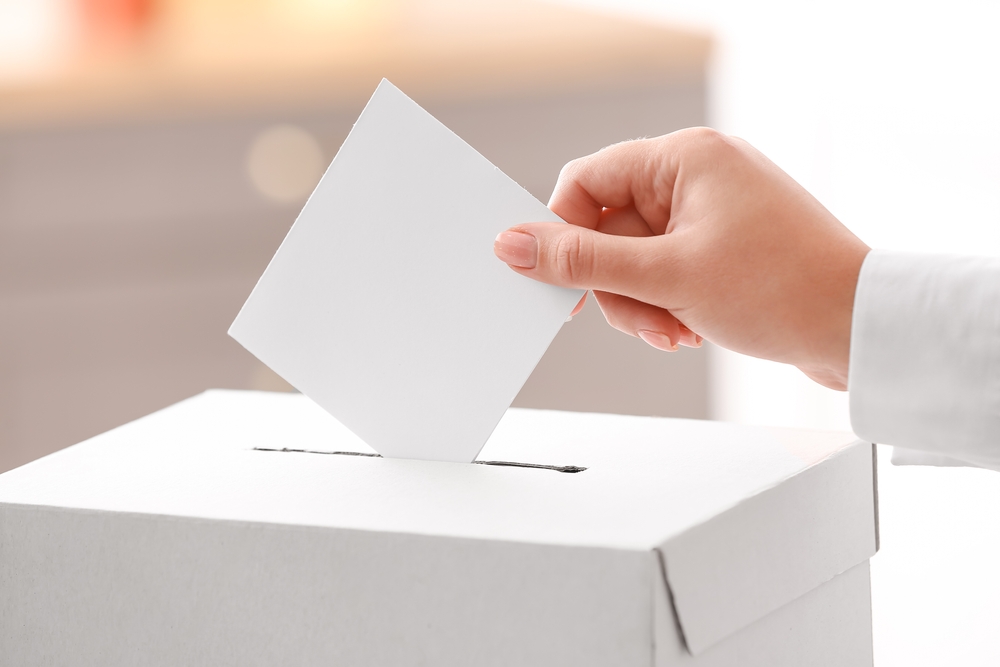Opposition Gains Could Stall Rate Normalization
Japan’s central bank may face increasing political pressure to keep interest rates near zero, as opposition parties campaigning on tax cuts and looser monetary policy are expected to gain ground in the July 20 election. Polls suggest that Prime Minister Shigeru Ishiba’s ruling coalition could lose its majority in the upper house, further complicating the government’s already fragile hold on power.
With the governing bloc already a minority in the lower house, a legislative gridlock could hand smaller parties more leverage in fiscal and monetary policy debates. Many of these parties favor continued low rates and expanded public spending, which runs counter to the Bank of Japan’s cautious efforts to normalize monetary conditions as inflation remains above 2%.
Bond Market Reacts to Fiscal Uncertainty
Analysts warn that growing calls to slash Japan’s 10% sales tax and resist interest rate hikes could spook bond markets and raise long-term yields. Daiju Aoki of UBS SuMi Trust noted that such proposals are gaining popularity among voters and lawmakers alike, with potential consequences for Japan’s massive public debt load.
Sohei Kamiya, leader of the right-wing Sanseito party, has criticized the BOJ for reducing its bond purchases despite sluggish domestic demand. Similarly, the Japan Innovation Party and Democratic Party for the People have urged the BOJ to delay further rate hikes to avoid burdening government debt servicing and prevent yen appreciation.
Even if Ishiba’s coalition survives the vote, political pressure may still force the administration to pivot from its hawkish stance and introduce new stimulus measures. Former BOJ board member Makoto Sakurai expects the central bank to delay any rate increases until at least March, citing the likelihood of a supplemental budget worth up to 10 trillion yen ($70 billion).
Debt Burden and Tax Cut Debate Intensify
Japan’s debt, equivalent to 250% of GDP, remains the highest in the developed world. The cost of servicing that debt is expected to rise as the BOJ gradually exits its ultra-loose monetary policy. A cut to the sales tax — once a fringe idea — is now among the country’s most favored responses to surging living costs. A recent Asahi poll found 68% of voters back the proposal.
Ishiba has so far opposed a tax cut, citing the risk to fiscal stability. But growing public and political support for such a move could force his hand. Analysts believe the issue could even prompt Ishiba to dissolve the lower house and call a snap election, extending political instability. Any change in leadership could shift the policy direction entirely, with figures like Sanae Takaichi — a staunch advocate of aggressive monetary easing — potentially emerging as successors.
BOJ May Be Forced to Wait
The Bank of Japan, which has already paused its rate hike path due to uncertainties over U.S. tariffs, may face further delays. Prolonged political wrangling, combined with mounting debt concerns and pressure to fund new stimulus, is expected to keep the central bank on the sidelines for the foreseeable future.
“We may need to brace for a long period of political uncertainty and market volatility,” said Naomi Muguruma of Mitsubishi UFJ Morgan Stanley Securities. That environment, she added, “would just give the BOJ another reason to sit on the sidelines and wait for the dust to settle.”


